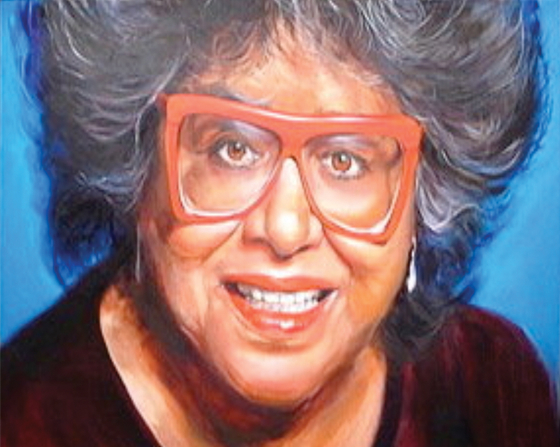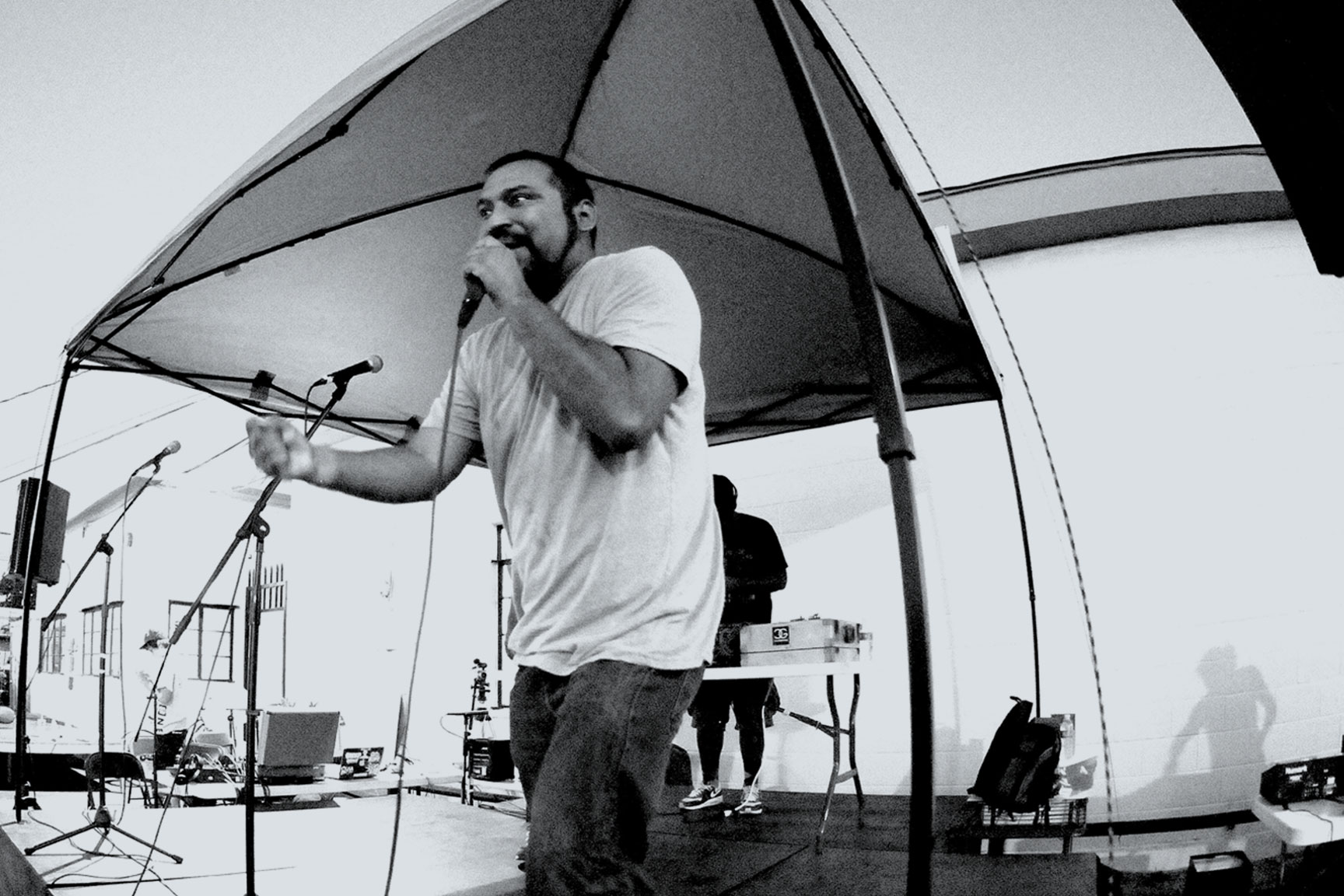
Ellen Riojas Clark
Department of Bicultural-Bilingual Studies
By Cynthia Davis | College of Education and Human Development
In summer of 2012, the college bid farewell to Dr. Ellen Riojas Clark, Professor in the Department of Bicultural- Bilingual Studies. Dr. Ellen Riojas Clark is a native San Antonian and a product of San Antonio ISD schools. Her teaching in and out of the classroom has influenced many generations of students to pursue a career in bilingual education.
- Q: How did you embark on a career in education?
- A: I got married right out of high school and started my family when I was 21. My parents were not very excited about my getting married without going to school first and I promised my mother that I would graduate from college. When my girls were old enough to start kindergarten, I began at San Antonio College, and went on to Trinity University to pursue my degree in Education. At the time, I was very surprised that for my student teaching in an Alamo Heights school, I was placed in a kindergarten class just because I spoke Spanish. Having this ability did not make me a bilingual teacher and upon graduating from Trinity, I immediately started UTSA’s Master’s program in Bilingual Education. Back then UTSA was located at the Koger Center off Babcock and I-10. This was a very exciting time for UTSA, San Antonio, and for me. I finished the MA in one year and with the encouragement of Drs. Tomás Rivera and Ernest Bernal, my mentors, began the Ph. D. in C&I. I would drive to Austin on a weekly basis to take classes at UT Austin. I am most proud to say, that my dissertation work with gifted bilingual Mexican American students remains premier in its findings.
- Q: What led you to UTSA?
- A: In 1978 UTSA had a Title VII project that was led by Drs. Rodolfo Jacobson and Barbara Pino. Barbara Pino had been one of my first professors at UTSA, while I was pursuing my master’s. It’s serendipity that we both retired at the same time. They offered me the job of becoming the first program coordinator for the Title VII Project which was the first teacher training program for bilingual education teachers at UTSA. I loved the opportunity of working with students and the creativity it allowed to develop some very significant techniques that are still employed to date.
The timing was perfect for getting into bilingual education for it allowed me to develop many different techniques and strategies for teaching. Mexican- American literature and culture was blossoming and professors like Dr. Tomás Rivera stimulated my knowledge. This set me on path to incorporate and implement cultural awareness in the courses that I taught. It was important for my students to develop a sense of ethnic identity, cultural and community awareness through engagement in the larger community. And by that, I meant attending lectures, concerts, plays, performances, and art exhibits that emphasized the Latino arts in additions to other cultures.
Even now it’s very satisfying to go to events and see students that I have had over the years , who are now taking their grandchildren to these events in the community and being introduced to their families as the person who got them interested in the cultural arts. They thank me for exposing them to cultural awareness.
- Q: What is your proudest moment at UTSA?
- A: As a teacher it would have to be seeing that next generation of educators go on and supersede what you’ve done in the field. You always want your students to do bigger and better things and to carry forth your philosophical framework while extending their own. One vivid example is my former student and colleague, Dr. Belinda Bustos Flores who is now Chair of the Department of Bicultural-Bilingual Studies. Of course there have been many others who have followed in her footsteps to go beyond what I have done. And most certainly, all my former students who have become bilingual educators and are impacting lives, communities, and society in general.
- Q: What will you miss about teaching?
- A: I will miss the very direct one on one with students, and the interaction with my colleagues. I will continue to foster those relationships. The research I will continue, and hopefully I will not develop a technology gap since I won’t be using much more than my laptop and iPad from now on. Since it was always important for me to incorporate the use of technology in my classes, my technology skills with students and in the classroom will probably diminish.
- Q: What is next for Ellen Riojas Clark?
- A: I have been very lucky that my career setting took place in the larger context of my city - San Antonio. I will continue to maintain my activism in the community, however, not taking on any big roles. That’s for the next generation to move into. I have a love for travel and have been all over the world. I would like to see Antarctica so that I can say I have been to all seven continents. Most importantly, my family will be enjoyed much more; my granddaughters will continue to stimulate and teach me so much.
I’m currently working on several books including another textbook with Dr. Flores. One of my books was in collaboration with Dr. Carmen Tafolla on tamales, and I am finishing one on pan dulce (Mexican sweet bread). I have currently been entering cooking contest with my original recipes, and have placed in the three I have entered. A cooking show at the Guadalupe Cultural Arts Center is also in the works.
- Q: What advice would you give to new teachers?
- A: Teachers need to know that politics will always be entrenched within education. Schools are politically driven, but creative teaching itself has not changed. The teachers are the singularly most important thing in the schools, after the kids. They need to understand that they are agents of change for the schools, the kids, and, ultimately, the community. Teaching is a commitment like no other and it’s not easy.
Lastly, I think what is most important for a teacher to know and understand is who they are ethnically, for once you realize who you are, your efficacy as a teacher is increased. If you can help your students to develop that stronger sense of self and to be proud of their ethnic identity, their motivation to learn will be increased.


